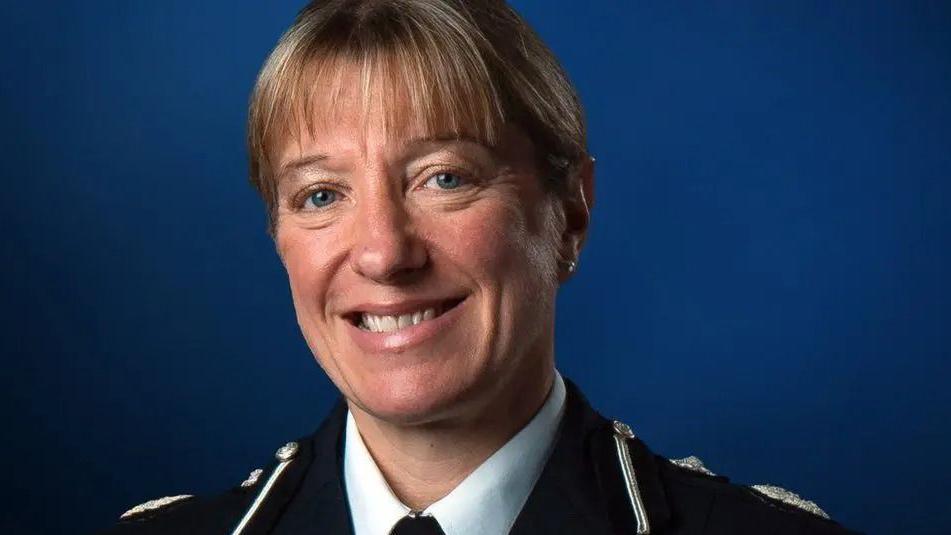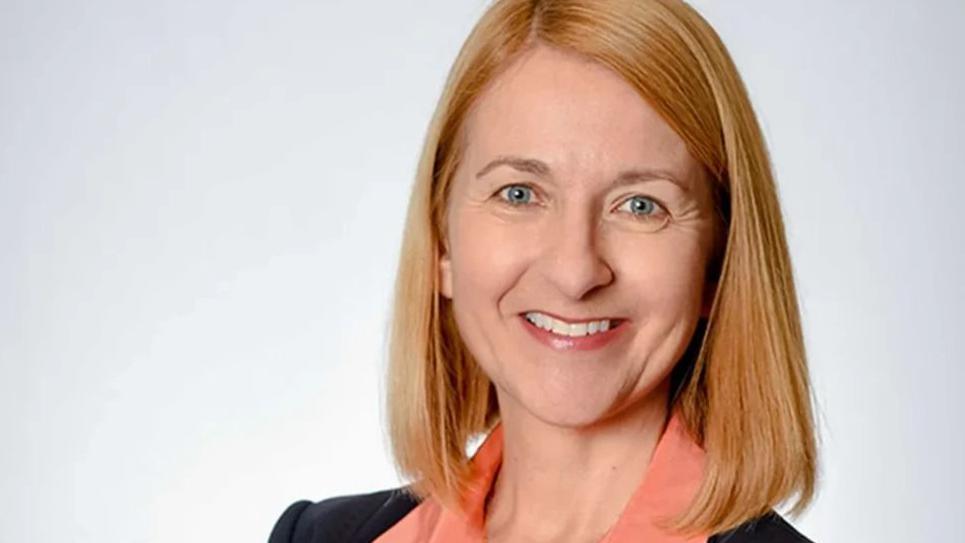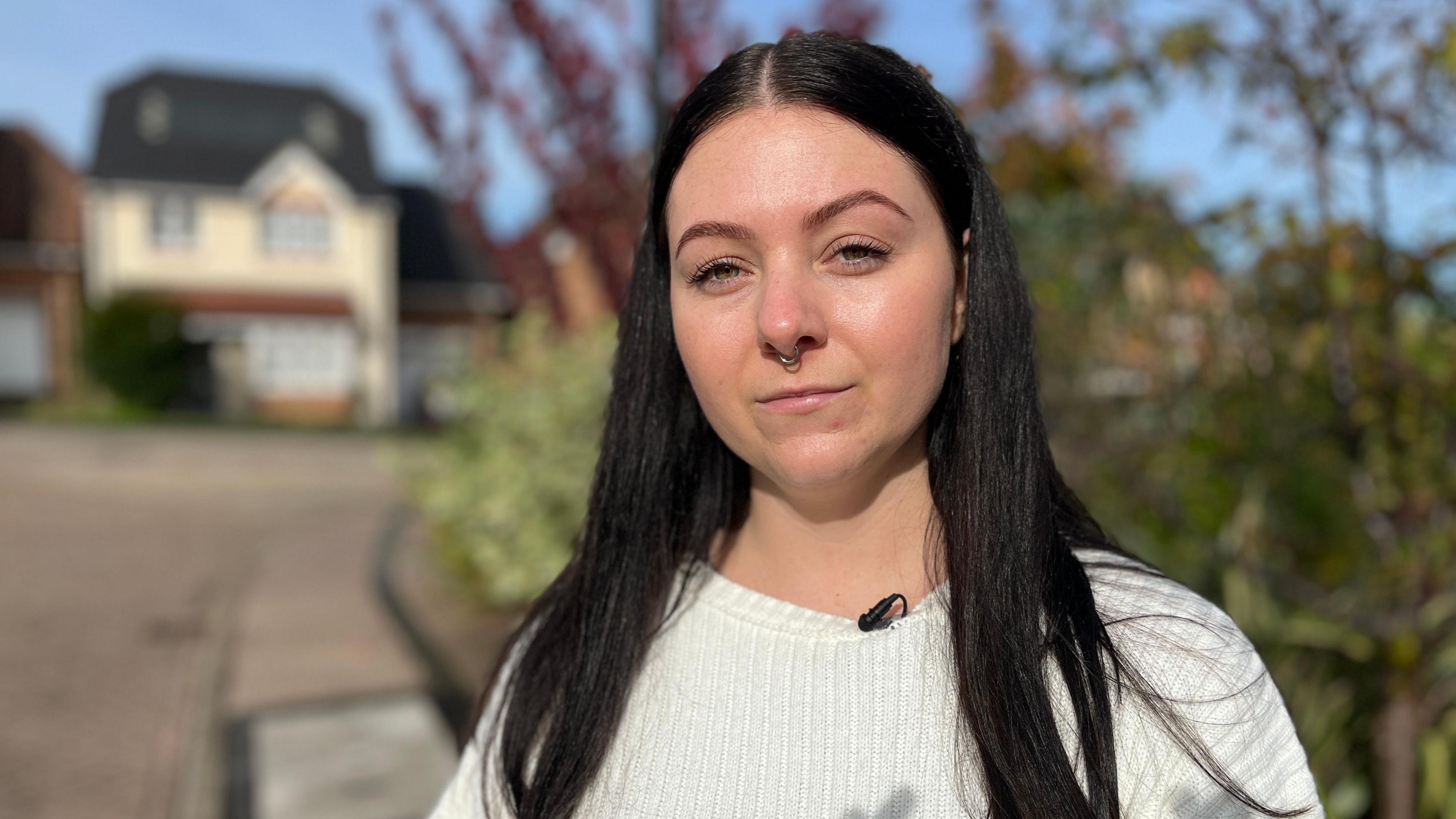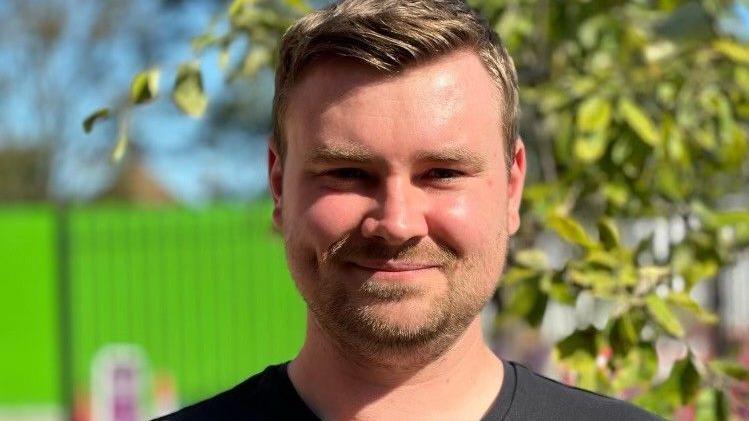Six takeaways on six months of DBS delays

Chief Constable of Sussex Police Jo Shiner says the force is prioritising the oldest applications
- Published
Police leaders in Sussex say the next six months are “critical” in getting the force’s Disclosure and Barring Service (DBS) check delays under control to avoid getting to a point “where you’re never going to catch up”.
The background checks are required by employers to inspect a person’s criminal record, usually in roles like care services, healthcare, teaching and childcare.
Sussex Police Chief Constable Jo Shiner was asked about the delays by Sussex Police and Crime Commissioner Katy Bourne at their monthly performance and accountability meeting on Friday.
Here is what we learned about the problem and what is being done about it.

Sussex Police and Crime Commissioner Katy Bourne says a large number of people have contacted her over delays to DBS checks
1. The backlog is growing
Despite a recovery plan the backlog in Sussex has increased significantly over the past six months.
Figures from October show there are now 12,072 outstanding cases and the average turnaround time is 92 days, compared to a national average of 12.2 days.
About 6,800 cases have been outstanding for more than 60 days and about 3,700 are more than 100 days old.
That compares to 8,541 being processed in May, with checks taking an average time of 45 days. About 3,500 cases were more than 60 days old and 849 more than 100 days old.
Jo Shiner said the long delays were partly due to Sussex Police’s decision to prioritise the oldest outstanding applications first.
She said: “I’m very conscious of the number of people waiting for DBS checks and the impact that has on them.”
Some 48% of applications are still being processed within 15 days.
2. New software is coming next year
Ms Shiner said new case management software is due to be introduced in April 2025.
She said the new system, which is already being used by another force in the north of England, will help Sussex Police to have a more “efficient and effective” process.
3. The next six months is 'critical'
Ms Bourne said a large number of people had contacted her about delays to their DBS checks, including a couple who cannot begin fostering, and a school whose new teachers cannot start work because of the delays.
She said the rise in the backlog was a “phenomenal increase” that “really concerned" her.
She said: “It’s great to hear about the software coming in in April, but that’s nearly six months away.
“And if in [the past] six months we can build up that many, if you do that again you’re going to be at the point where you’re never going to catch up.”
Katy Bourne asked for an updated plan on how DBS checks will be managed in Sussex between now and April.
4. Hiring and retaining staff is the biggest challenge
In April, the Disclosure and Barring Service gave Sussex Police extra funding to recruit four more case workers to help tackle delays.
Mrs Shiner says while five new members of staff have been recruited since April, that has been offset by the departure of five caseworkers within the team. A further two people have moved to specialist posts within the unit and another member of staff is on maternity leave.
She says four new case workers have now been recruited and are due to start in the next few weeks, but there had not been enough applications to fill the two remaining posts. The roles are being re-advertised.
Ms Shiner said: “We do need fully trained staff in order to be able to do it, and that’s the challenge.”
She added: “The superintendent who runs this team has worked really, really hard to make sure that the team feels valued, that they have the right working environment, good supervision and cultural morale.”
5. Demand for DBS checks keeps growing
Figures show demand for DBS checks in Sussex has risen rapidly in the past six months which has put extra pressure on the department.
In May applications increased by 13%, with more than 500 extra cases than would otherwise have been expected.
August saw an 8% rise, with 300 more cases. There were 137 more cases then expected in September, a 3% rise.
Ms Shiner said staff were working “incredibly hard”, doing overtime and outputting more than they would usually be expected to do.
More checks were processed than were received in June and July, she said.
6. More help from other police forces may be needed
Sussex Police is working closely with the Disclosure and Barring Service on its recovery plan.
Some of the Sussex’s DBS casework is already being outsourced to two other forces, but Ms Shiner said their availability “ebbs and flows”.
Ms Bourne told Ms Shiner: “If we require opening up to other forces and asking a dozen other forces to help, then I’m prepared to have that conversation with you to see how we can manage that through the budget.”
The Disclosure and Barring Service said: “Of the 52 police forces and law enforcement agencies that the DBS commissions to carry out checks on its behalf, DBS sends approximately 3 million checks each year to these forces. Overall, police performance remains strong.
“A small number of forces are currently experiencing delays in completing checks, including Sussex, where a number of measures have been introduced to support capacity.”
Follow BBC Sussex on Facebook, external, on X, external, and on Instagram, external. Send your story ideas to southeasttoday@bbc.co.uk, external or WhatsApp us on 08081 002250.
Related topics
- Published21 October 2024

- Published8 November 2024
